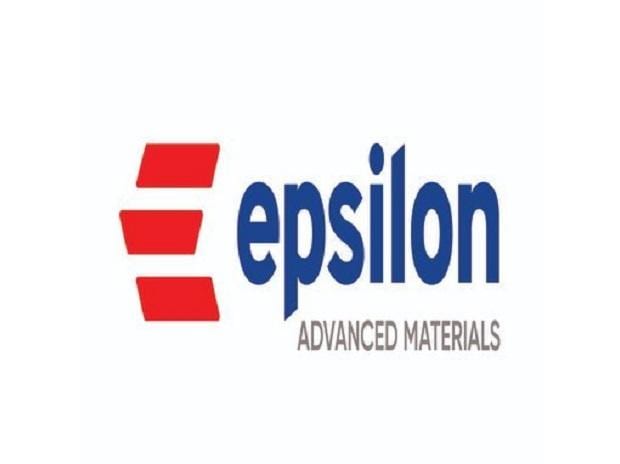Epsilon Advanced Materials to up India capacity from 200 TPA to 10,000
Epsilon Advanced Materials, a local manufacturer of materials used in electric vehicle (EV) batteries, plans to increase its production capacity in the country from 200 tons per year (TPA) to 10,000 tons per year by the end of 2025.
“Our goal is to bring India’s capacity to 100,000 tons per annum, but for now, 10,000 tons is enough because it will be enough for 10 gigawatts,” Vikram Handa, the company’s managing director, said in an interview with Business Standard.
This capacity increase is part of Epsilon’s commitment to invest Rs 9,000 crore in India.
Handa is looking to increase Epsilon’s footprint not only in India but also abroad. It has announced an investment of $650 million (roughly Rs. 5,400 crores) in the United States to set up a 50,000-tonne-per-year manufacturing unit by 2026. According to the company, the proposed US facility will supply critical battery materials to power more than one million electric vehicles. Epsilon also plans to start operations in GigaVaasa, Finland.
“We have taken this approach of catering first to international customers because it will help us build capacity in India,” Handa said.
Epsilon’s international expansion is supported by electric vehicle incentives offered by many countries. For example, in the US, the Inflation Reduction Act allows for a credit of up to $7,500 (roughly Rs. 6.20 lakh) per vehicle to promote local manufacturing of batteries and encourage local purchase of vital minerals for batteries.
There is a huge demand for raw materials in the United States as companies like Tesla, Ford, and General Motors build their units. Demand is also from South Korean companies, which are in the process of establishing their business in the US market.
In India, however, demand is more muted, even from companies that qualified under the government’s Rs 18,100 crore Production Linked Incentive (PLI) scheme for advanced chemistry (ACC) cell manufacturing. The scheme contains strict localization criteria designed to make cell manufacturers prefer local suppliers.
“Indian companies are still thinking they will buy from China,” Handa said. “PLI winners should become core customers, which will help us become cost competitive.”
EAM has 50 potential clients globally, of which 15 are based in India. It takes years to build an anode production facility. The share of the anode in the total cost of the cell is about 25 percent.
“If Indian cell manufacturers want to set up big plants, they should start qualifying us now,” Handa said, adding that “the qualification process takes about 20 months.” But once a company becomes eligible and starts supplying, it’s for eight years.
In the absence of demand from Indian customers, everything Epsilon produces is exported to countries such as the United States, Korea and Japan, and is used to meet demand for energy storage systems or in consumer products such as laptops and phones. However, Epsilon is increasing its capacity in India in anticipation of future demand. “I think Indian demand will start from 2025 and will increase after 2027,” Handa said.
The company also plans to enter the cathode market by partnering with technology partners and with an investment of Rs 500 crore. It plans to start commercial cathode production in India by the end of this year.
